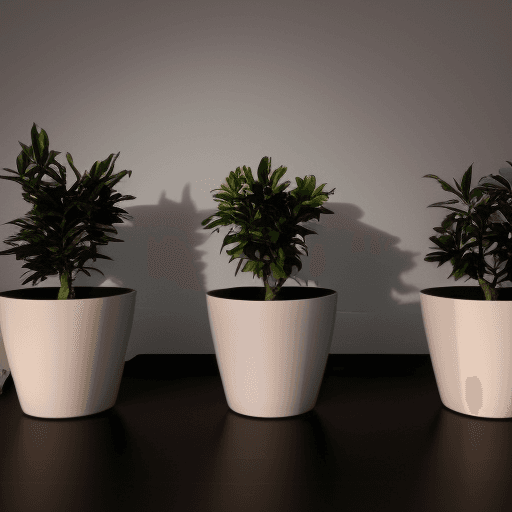
Salt Water and Plant Growth
Easy

In this experiment, we'll be testing how different concentrations of salt water affect plant growth. We'll measure the plants' growth each day to see which concentration has the worst effect.
Hypothesis
The hypothesis is that the largest concentration of salt will harm the plants the most.
Method & Materials
You will purchase plants, prepare the water with salt concentrations, and water the plants each day with the different concentrations of salt.
You will need plants, salt, and water.
Results
The results showed that the 8 and 6 ounce salt water concentrations harmed the plant growth the most. The water did not harm the growth and showed no visual effects on the plants.
Why do this project?
This science project is interesting because it shows how salt water can affect the growth of plants, which is something that is not often considered.
Also Consider
Variations to consider include testing the effect of man-made salt water and ocean water on plants, or testing the effect of different types of salt on plant growth.
Full project details
You can find additional information and details for this science fair project here. Have fun exploring!Related video
Hey there! Here are some awesome videos about this science project that we think you'll really like. They're not only super fun, but they'll also help you learn more about the science behind the project. So sit back, relax, and get ready to have some fun!!
Share this Science Project:
Related Science Fair Project Ideas
Watch ice melt and flowers bloom in this hands-on science activity for kids!
Easy
Let's find out if plants grow bigger in a greenhouse or without protection!
Easy
Did you know you can change the color of flowers? With this science experiment, you can!
Easy
Share this Science Project:
